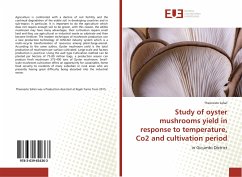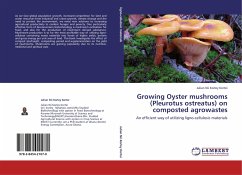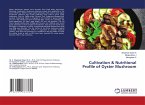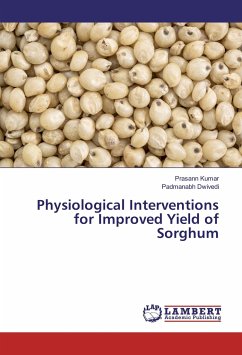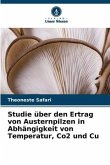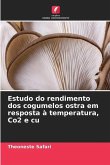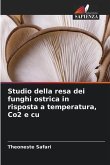Agriculture is confronted with a decline of soil fertility and the continual degradation of the arable soil in developing countries and in sub-tropics in particular. It is important to do the agriculture which does not require enough soil to be grown, with this reason, the edible mushroom may have many advantages, their cultivation require small land and they use agricultural or industrial waste as substrate and then become fertilizer. The modern techniques of mushroom production use a new production technology of JUNCAO industry system which is a multi-recycle transformation of resources among plant-fungi-animal. According to the same author, Oyster mushroom yield is the total production of mushroom per surface cultivated. Large-scale and factory production is practical. Using the wall type Cultivation method can be planted per hectare of 75-80 million bags, a production season can produce fresh mushroom 375-400 tons of Oyster mushroom. Small-scale mushroom cultivation offers anopportunity for sustainable, home food security to residents of many suburban or rural areas who are presently having great difficulty being absorbed into the industrial sector.
Bitte wählen Sie Ihr Anliegen aus.
Rechnungen
Retourenschein anfordern
Bestellstatus
Storno

